From Magna Carta to the afterlife of Paradise Lost, Harvard Law faculty have lined up a wide range of books for summer reading.
Carol Steiker ’86, Henry J. Friendly Professor of Law
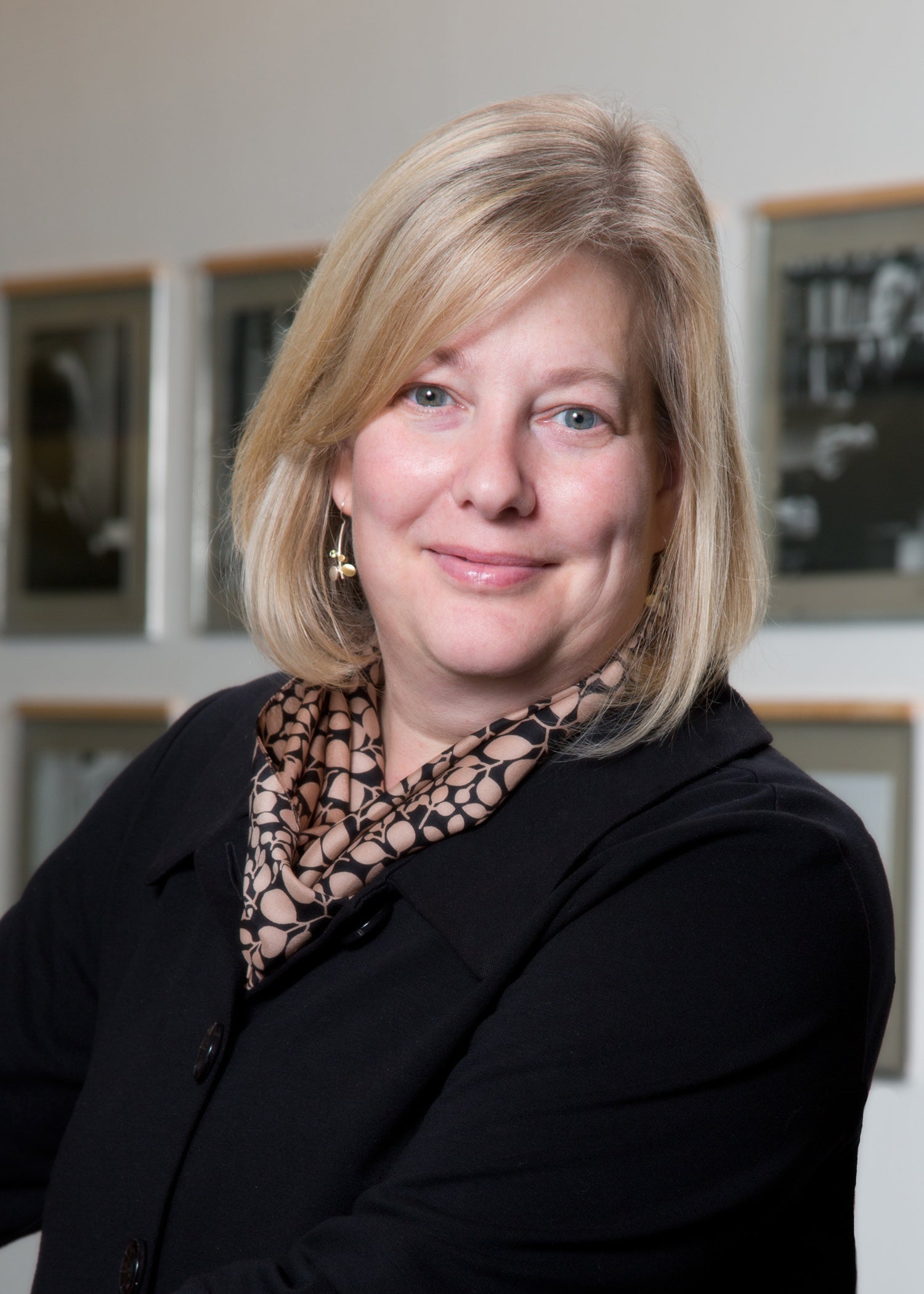
Historical fiction is my summer (and really, anytime) jam. This summer, I have already enjoyed “The House of Doors” by Tan Twan Eng, which builds a mesmerizing story around a fictional English couple living in colonial Penang, Malaysia, who interact with real-life people — Somerset Maugham and Sun-Yat Sen — who did in fact spend time in Penang in the early twentieth century. I also loved “Clear,” by Carys Davies, about an impecunious Scottish minister sent by a landowner to clear the last inhabitant from a remote Scottish island during the nineteenth century as part of the cruel policy of “clearing” tenant farmers who had worked the land for generations. On my list remain “The Safekeep,” by Yael van der Wouden, which explores the Dutch response to the Holocaust through the relationship of two women, and “The Frozen River,” by Ariel Lawhon, inspired by the life and diary of Martha Ballard, an 18th-century midwife.
On the non-fiction side, I look forward to reading the new biography of John Lewis by David Greenberg (“John Lewis: A Life”), if I can wrangle it from husband, to whom I gifted it for Father’s Day. And also, of necessity in the present moment, “Prequel: An American Fight Against Facism,” by Rachel Maddow, and “On Tyranny: Lessons from the Twentieth Century,” by Timothy Snyder. What A.E. Housman wrote in defense of poetry is true about reading more generally — it is inoculation against dark days. (“I will friend you, if I may, In the dark and cloudy day.”)
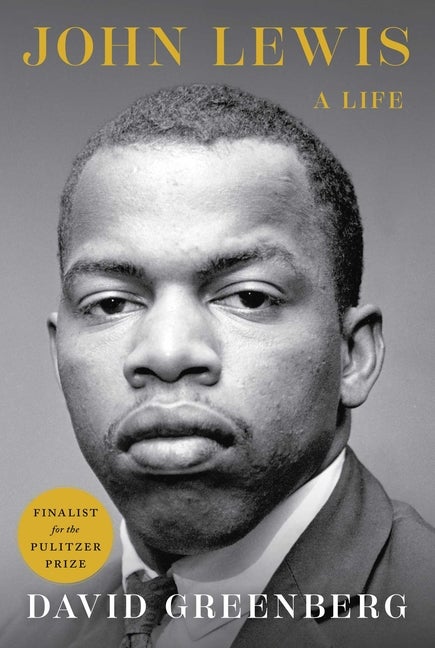
Kenneth Mack ’91, Lawrence D. Biele Professor of Law and Affiliate Professor of History at Harvard University
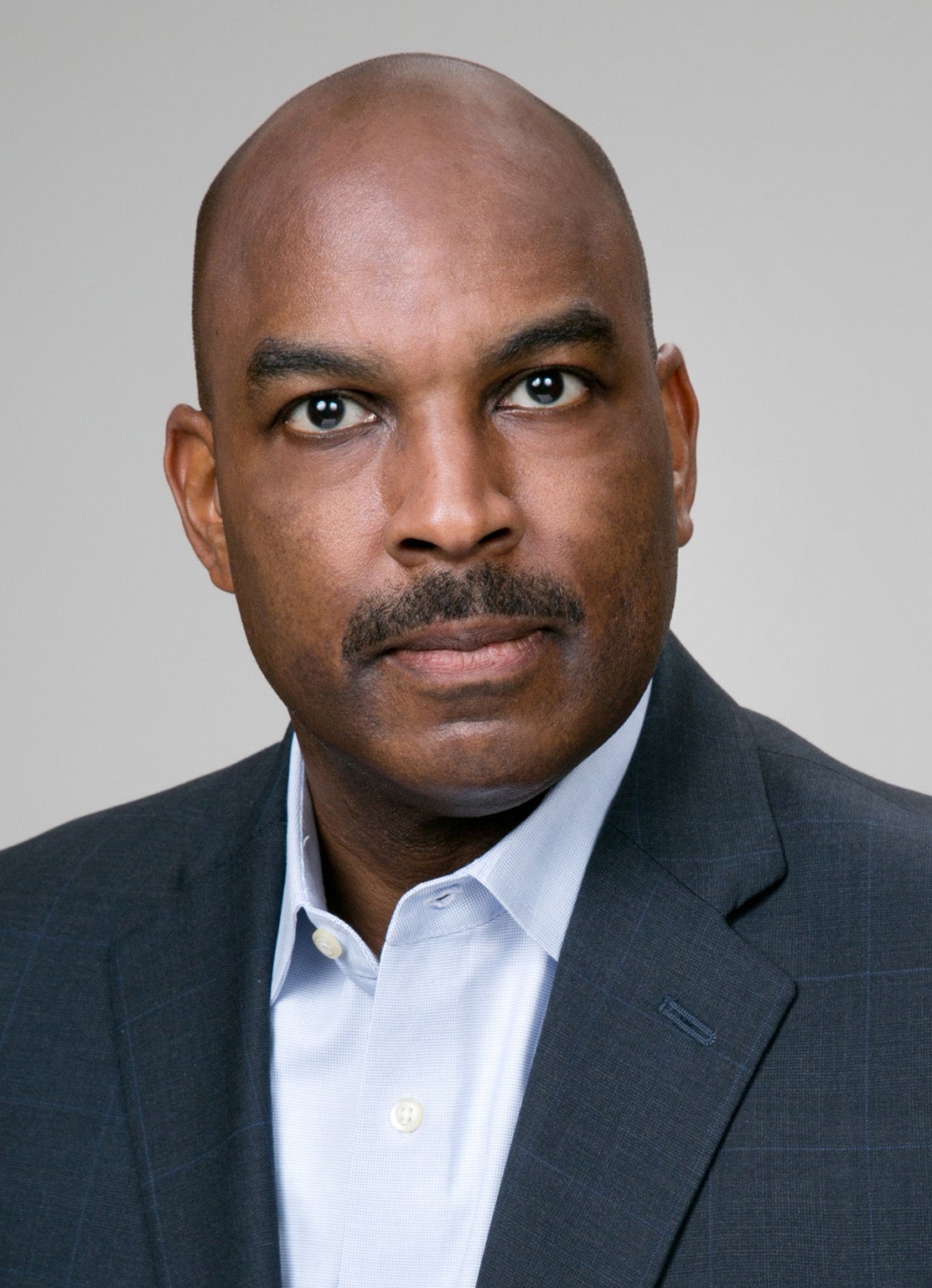
“I’ve just finished reading Percival Everett’s humorous and subversive novel, “James,” his retelling of the story of the character Jim in Mark Twain’s Adventures of Huckleberry Finn, and I’m in the middle of re-reading “Huck Finn” itself. I also recently finished Brando Starkey’s “Their Accomplices Wore Robes: How the Supreme Court Chained Black America to the Bottom of the Racial Caste System.” I’m also reading Orlando Reade’s “What in Me is Dark: The Revolutionary Afterlife of Paradise Lost,” which examines the role of John Milton’s epic poem in the lives of many writers and thinkers during the past several centuries. I’m also looking forward to digging into Jonathan Levy’s historical and methodological intervention in the debate over what we call “the economy,” “The Real Economy: History and Theory,” and John Cassidy’s intellectual history survey, “Capitalism and Its Critics: A History: From the Industrial Revolution to AI.”
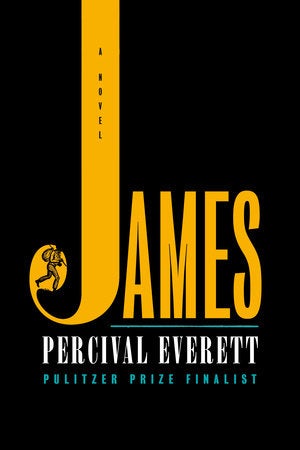
John Coates, John F. Cogan, Jr. Professor of Law and Economics

I’m planning to read a few books on basic principles underlying the rule of law — from classics like Thomas Hobbes’s “Leviathan” to Tom Bingham’s “The Rule of Law” and Azik Huq’s “The Rule of Law.”
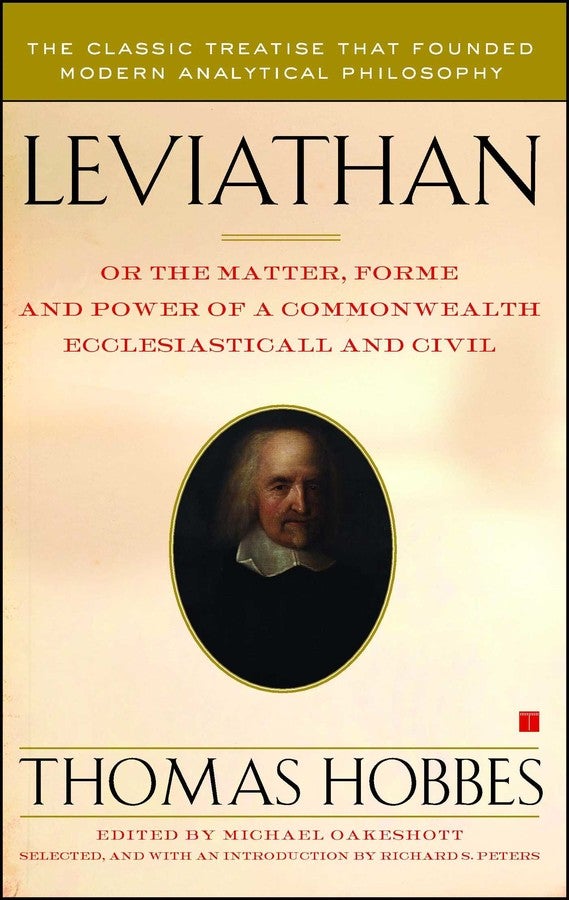
Stephen Sachs, Antonin Scalia Professor of Law
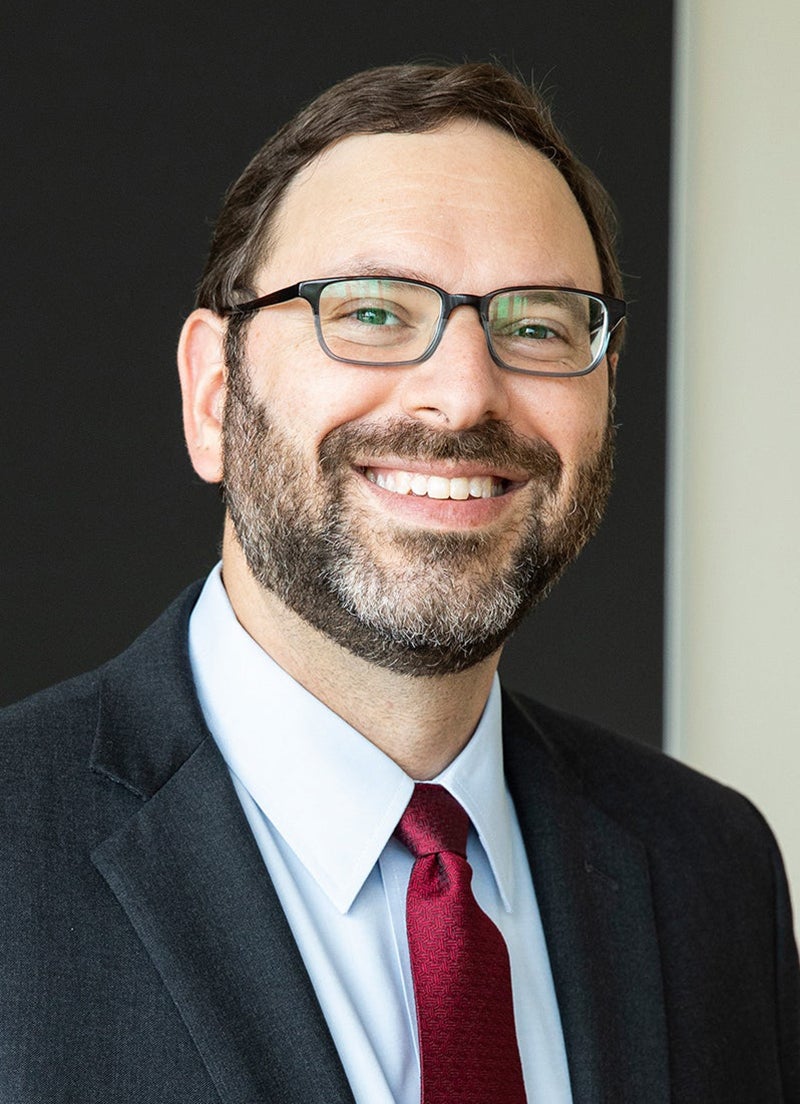
This summer I’ll be starting with “Magna Carta” by David Carpenter, one of the scholars who recently identified the original Edward I confirmation of Magna Carta in the law school’s manuscript collection. I’ll also be reading Carpenter’s book on the history of high-medieval Britain — “The Struggle for Mastery: The Penguin History of Britain 1066–1284.” For a look at much older periods, I plan to read J.P. Mallory’s “The Indo-Europeans Rediscovered: How a Scientific Revolution is Rewriting Their Story.” And for more modern times, I’ll be reading George Selgin’s “False Dawn: The New Deal and the Promise of Recovery, 1933–1947,” and Daniel Gordis’ “Israel: A Concise History of a Nation Reborn.”
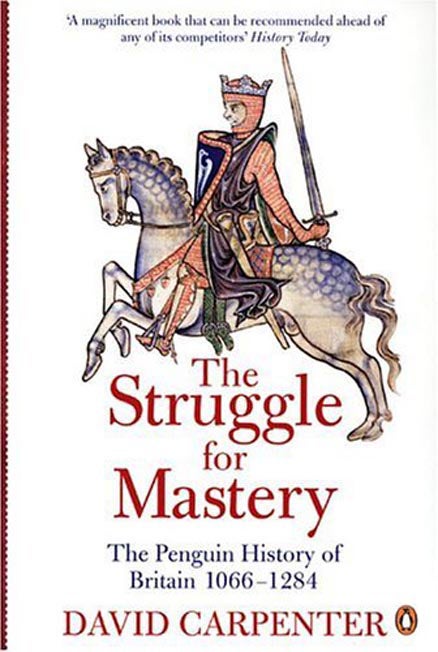
Kristen Stilt, Professor of Law and Faculty Director of the Animal Law and Policy Program
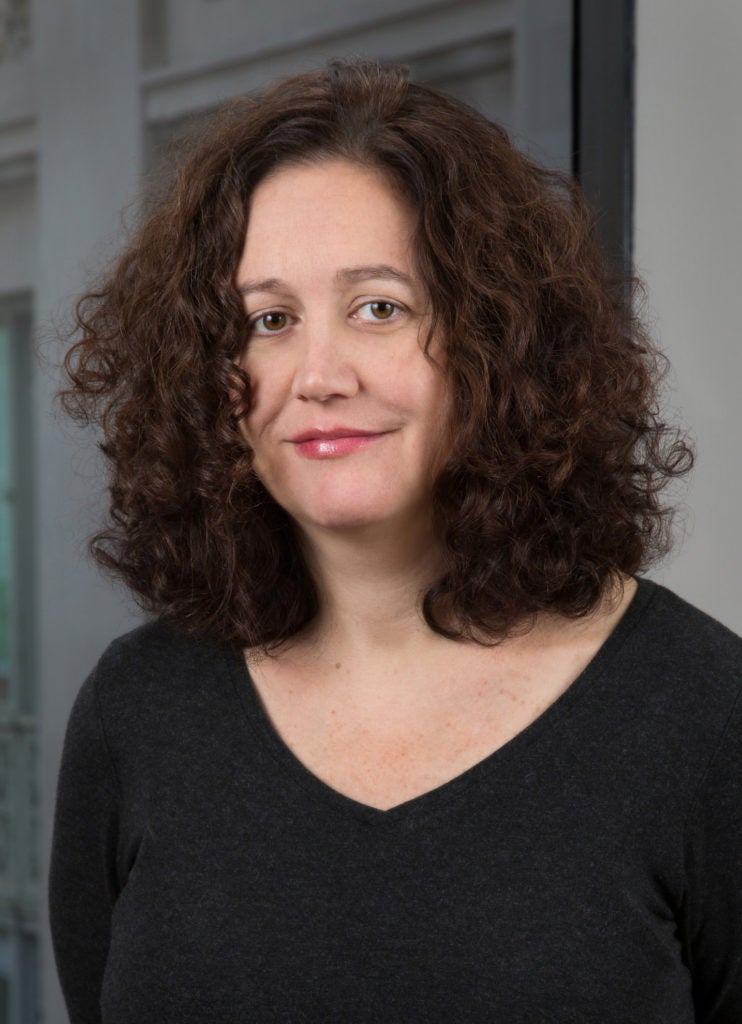
Recently, I have been writing, teaching, and supporting litigation about rights of nature (RoN).
On my summer reading list is a stack of books about aspects of RoN, including rivers, forests, animals, and indeed ourselves.
Robert Macfarlane, “Is a River Alive?” (2025)
Terje Tvedt, “The Nile: History’s Greatest River” (2025)
Nemonte Nenquimo, “We Will Be Jaguars” (2024)
Michael Grunwald, “We Are Eating the Earth” (2025)
Jeff Sebo, “Saving Animals, Saving Ourselves” (2022)
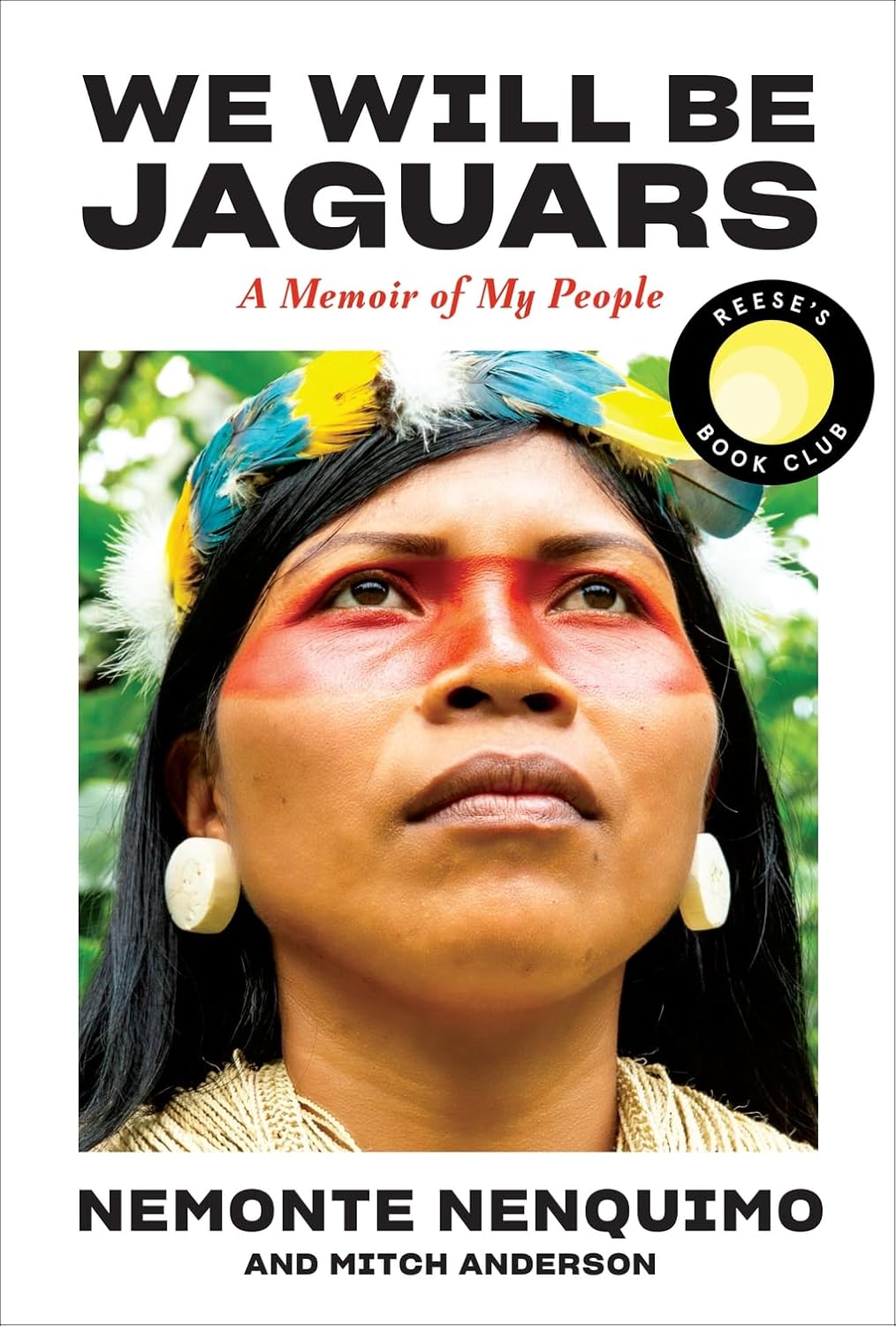
Want to stay up to date with Harvard Law Today? Sign up for our weekly newsletter.
